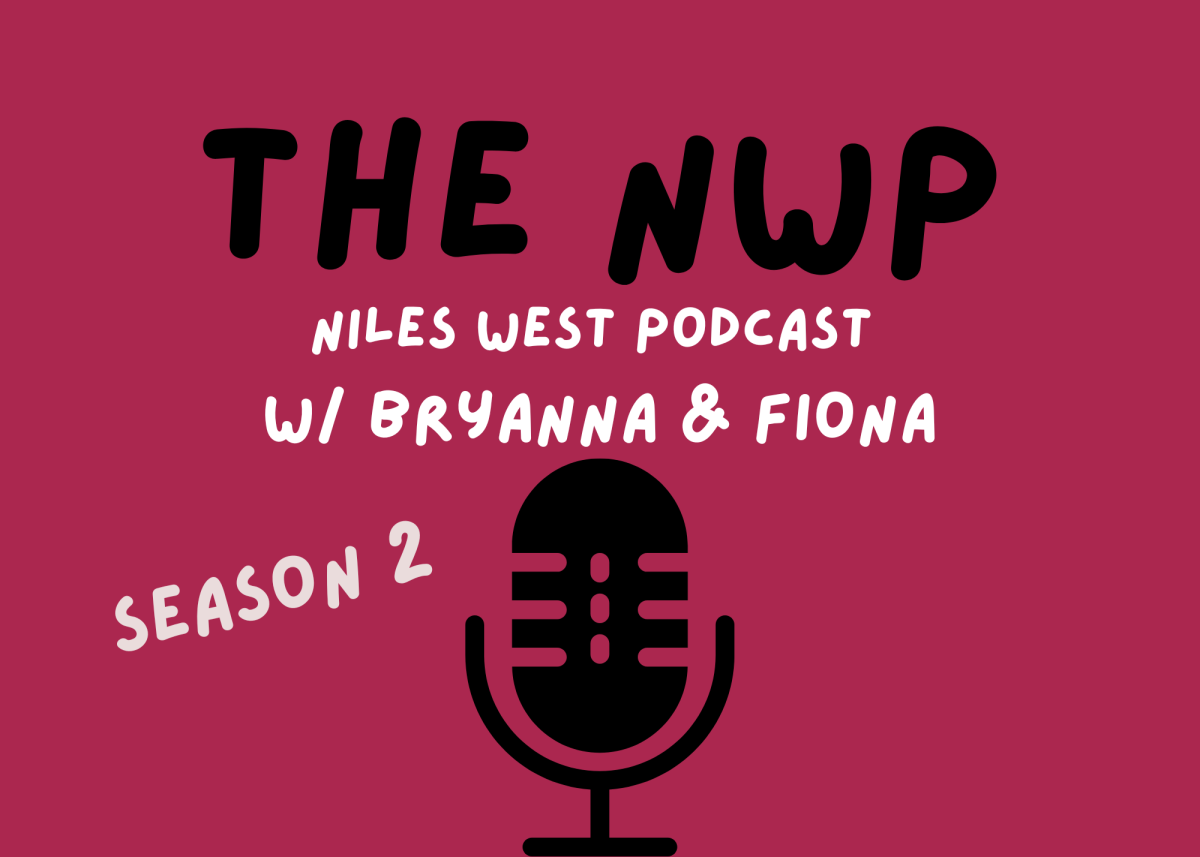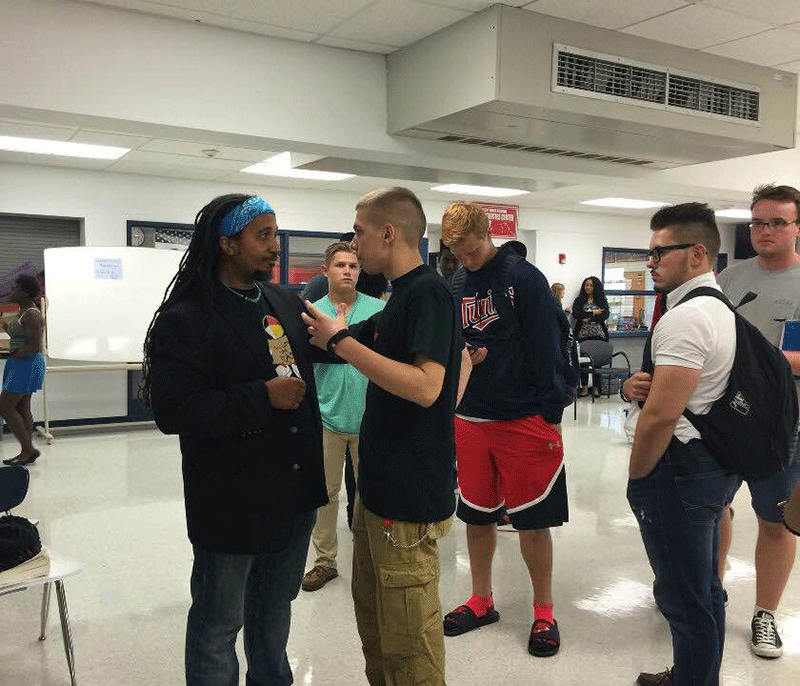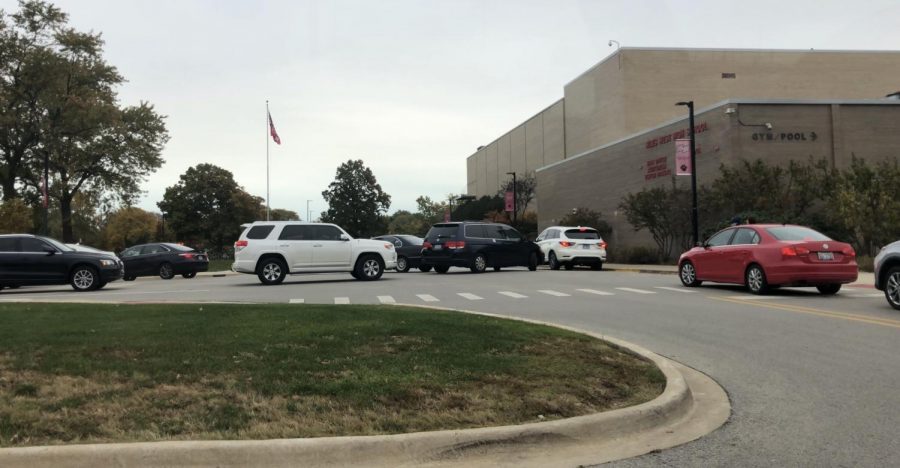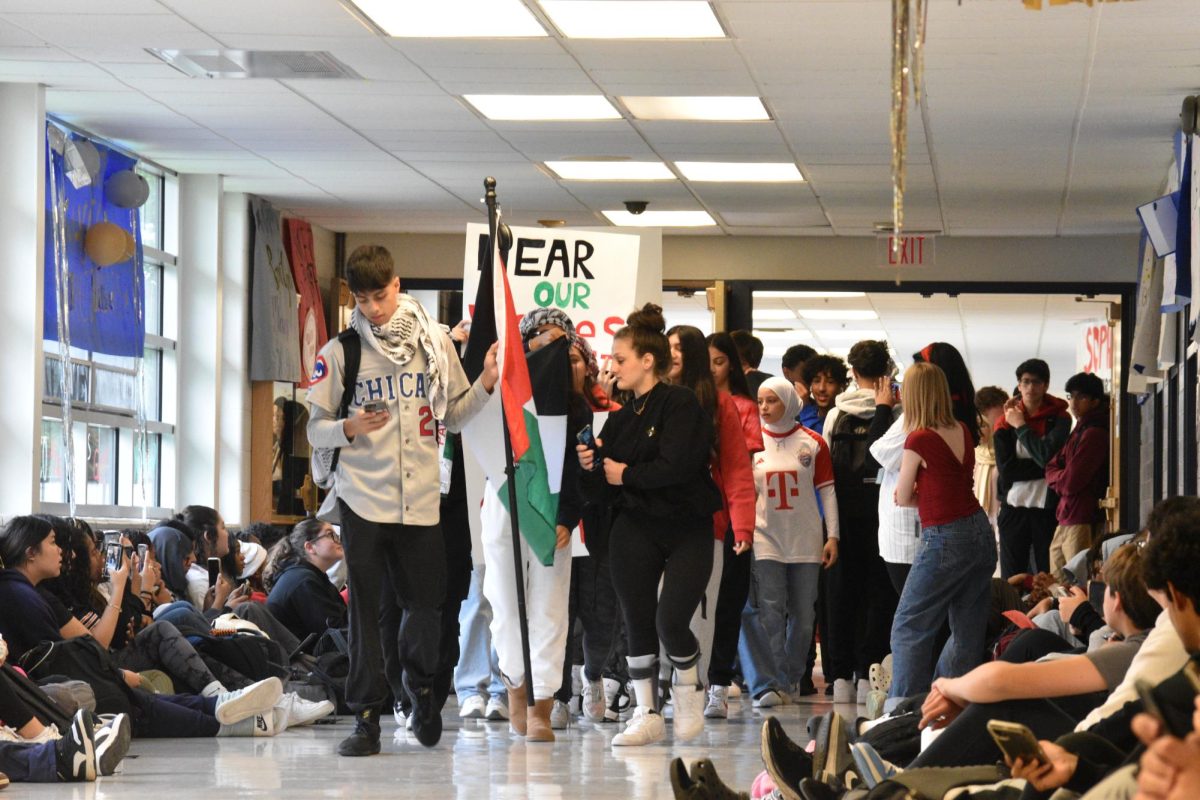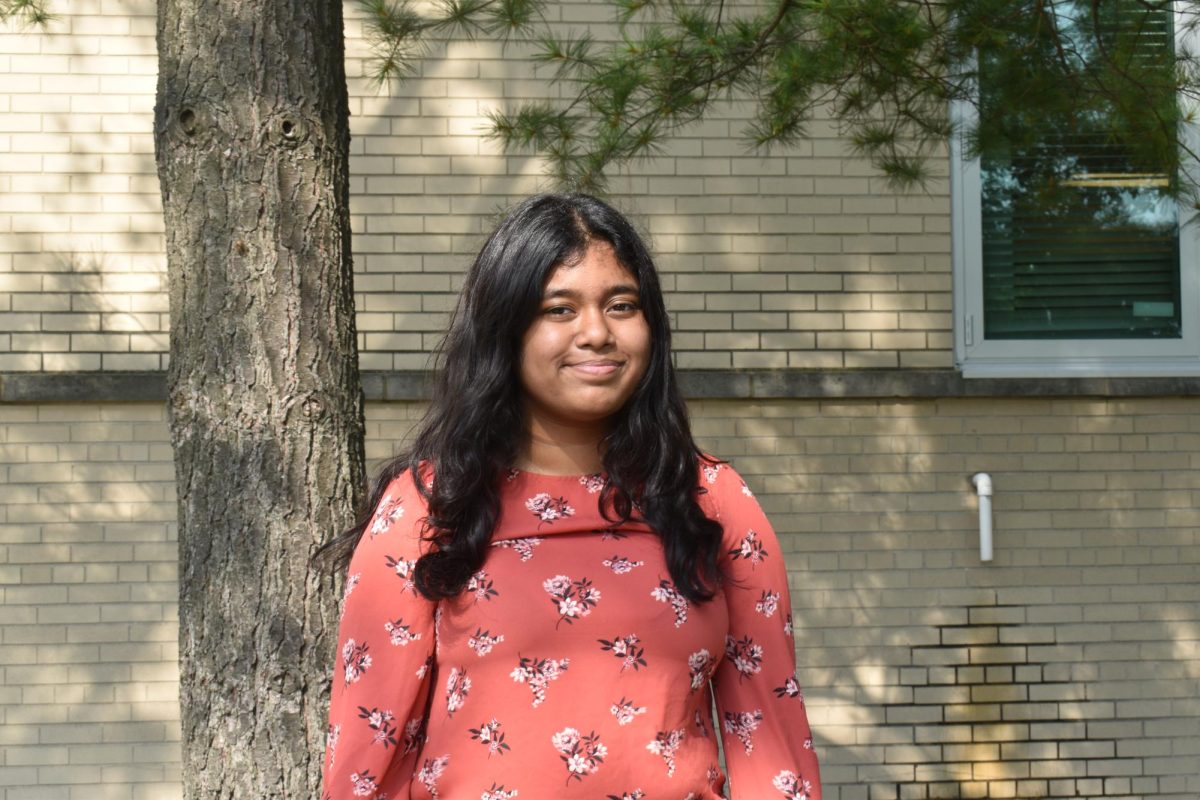“Warriors follow their hearts, cowards follow their friends.”
As I sat in the student commons during first period, attempting to blend in with the background, soul-warrior Calvin Terrell informed everyone in a loud voice to find something in common with someone we had never spoken to. As he headed to the speaker to turn up the music, his eyes landed on me, and even though I protested, he insisted I join in.
It was single-handedly the best decision I had ever made.
The “Cowards to Warriors” workshop lasted from periods one to nine, covering everything from bullying and stereotypes, to rape and racism. The powerful workshop started simply with a few requests as Terrell asked students and faculty alike to stand up if they identified as a man, woman, or someone not part of the gender binary. Soon, students began to stand up if they liked a certain genre of music, and not long after, laughter was erupting from every part of the room. Terrell’s final request caused all the laughter to leave the room as a few students shuffled around and some stood up: “Stand up if you are prejudice.”
I had walked into that workshop confidently, aware that of the stereotypes, racism, sexism, and bullying that happened on a daily basis in the world. I was so sure that I was open-minded, that I didn’t hold any assumptions or stereotypes of a certain race or religion.
I couldn’t be more wrong.
At first, he tackled sexual abuse, violence, and rape, informing the room that every seven seconds, a woman was raped, sexually assaulted, beaten, and killed. All the color drained from faces as Terrell began to count to seven loudly, shouting rape after he finished. He continued, his voice getting louder and louder as he continued to count and I felt sick to my stomach.
I wasn’t new to this, I had known these statistics. But as his voice rang through the room, the information seared itself into my bones. Students began to talk, delving into topics such as victim shaming and why many women choose not to report the violence, the rape, the injustice committed. After we shared our input, Terrell ended the discussion by reminding us that although he had stopped counting, the seven seconds on the clock were still going. The seven seconds would continue to go and take the lives of women — women like his sister, who was murdered by her boyfriend.
This was only the beginning.
Period after period, we spoke of an injustice that shook the world, that affected us and people around us. He spoke of the mindset that we had been trained to have, the way we had been taught to think of a certain group of people. He created a scenario in which a parent calls a child over, informing them why they can’t play with that other kid.
“No, I don’t want you to play with them. They all live in trailers and marry their brothers and sisters. They’re disgusting.”
“No, don’t play with them! They all came here illegally. Those people are here to take our jobs, I don’t want to see you talking to them again.”
“Come here — what did I tell you? What did I say? Don’t play with them! See the way they’re dressed, yeah, those people are terrorists.”
He continued to create scenarios and each time, the room knew what race he was speaking about. Without even telling us to think, we automatically knew who he meant when he called people illegal, thugs, or terrorists. That was the moment we all realized we were prejudice, whether we admitted it in the beginning or not.
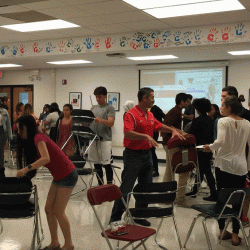
With West being extremely diverse, our ability to learn about different cultures on a daily basis had blinded us from the oppression that takes place outside. Terrell addressed that issue, reminding us that although we knew a lot about different cultures, races, and religions, it was important to know that there was much more to them than what he had been exposed to.
“Niles [West] is very diverse and there’s a lot of opportunities for interpersonal relationships across lines of difference, but because of the illusion of multiculturalism, they are at risk of never going into the institution of systematic oppressions that sustain colonial models, oppressive models, models that are violent to the Earth, violent to people that are considered non-European and non-white and we have to — in a space like this — not get very complacent with the multicultural veneer and go into the institute, systemic, and historical context as well,” Terrell said.
Right after that, we delved into the topic of bullying which struck chords with many, if not everyone in the room.
“I think the one part that stuck out was his message on bullying. If affected a lot of people. One second everybody was perfectly fine and the next, most of the room was in tears. I think it showed me how prevalent it is in, even in a ‘nice’ school like ours,” senior Olivia Dang said.
Terrell created another scenario, this time involving a girl with Asperger’s syndrome. A girl who was picked on mercilessly by people who thought they were better than her, people who preyed on the fact that she had no friends, that she was a little odd. He spoke of how she went home and stared in the mirror, reminding herself how worthless she really was. His voice rang through the room as people held back sobs that reminded them that they too, were once in that position, that they too had caused the exact same pain to someone else.
“It really opened my eyes and I will definitely think twice before acting. And I will keep my eyes open to see if anybody needs help,” senior Miguel Arroyo said.
Although many people would assume that Terrell has always been aware of the oppression that take place due to his ability to speak so openly and connect with student so deeply, the truth his that his work stems mainly from his faith and the influence it has had in his life.
“A big piece of my foundation — I’m Bahai and I believe in Bahai teachings and whether someone is an atheist, agnostic, Buddhist, Muslim. Jewish, or Hindu, doesn’t’ matter, I believe the teachings are relevant in a way about unity and things like that. But my purpose in what I do, beyond that, is, that I believe that people have power and they have been tricked or forgotten their power and I want them remember their power and use it to help the world,” Terrell said.
Terrell discovered the Bahai community and it changed his entire outlook on life and the injustices that happen on a daily basis. With the overwhelming need to teach the world of the power they had forgotten, he began to travel around the world, coming to schools and raising awareness.
“I used to be the assistant director with an organization called the National Conference of Christian and Jews. They later became the National Conference of Community Injustice,” Terrell said. “Before working with them, I was raised Baptist then I learned about the Bahai community twenty-something years ago. I was just doing work with them and that turned into working with schools and in 1995, I officially launched my own business, The Social Centric Institute, and began doing this work all around the world.”
Not only has the Bahai community influenced his life’s work heavily, Terrell also credits his wife for the work he’s done and how he has become the man he is today.
“I had a dream when I was eight years old and it came true when I was twenty. I ended up marrying her and it just changed my whole life around. She reconnected me with my soul and had I not had that dream, I know that I would be in prison or dead somewhere right now,” Terrell said.
His workshop influenced many students that day and many — like I — uncovered the unknown prejudice we all hold and discovered how to overcome it.
“This workshop was so powerful I don’t even know what my favorite part was,” said senior and feminism club president Lejla Vojnikovic. “Mr. Terrell focused on a lot of different aspects of our society that most people are aware of but don’t really discuss in depth. I think for me personally it was this game we played in the beginning of the workshop. He made us stand up if we identified as whatever he mentioned. The very last statement he made he said: ‘stand up if you’re prejudice’ and not a lot of people stood but he made us realize that despite what we may think, we’re all a little prejudice. I think that it inspires us all to watch our words, to understand others, and to recognize that prejudice — even within ourselves, because that’s the only way we’ll grow.”
As for people who have been aware of the injustices taking place and have experience in the world of activism as well as people new and just delving into such serious topics, Terrell has a piece of advice that he hopes will carry for many years to come.
“There’s a concept that says ‘in fighting monsters, don’t become one,’ that when we confront these horrors, the evil, the sicknesses, the traumas, the oppressions of the world, we don’t become dominant, forceful, and violent in ourselves,” Terell said. “We have to always be reflective that our energy is compassionate, and graceful, and at times, courageous and assertive as well. The other thing is that instead of people waiting, people need to find a way to be of service. People have volunteer event, where a service is a culture, it’s a way of life. So to serve generations before them, after them, and work collaboratively with their own generation to make the world a better place.


